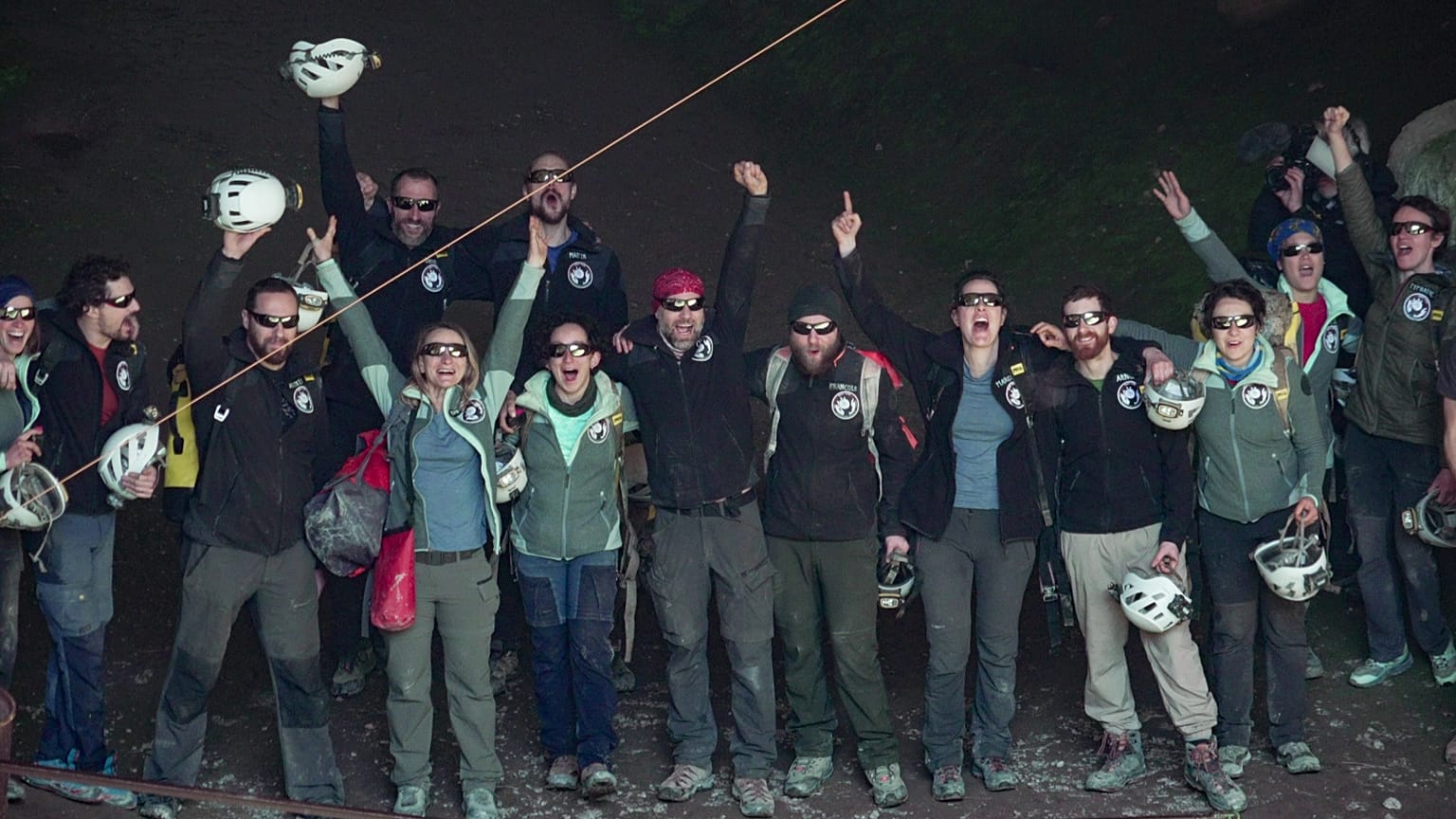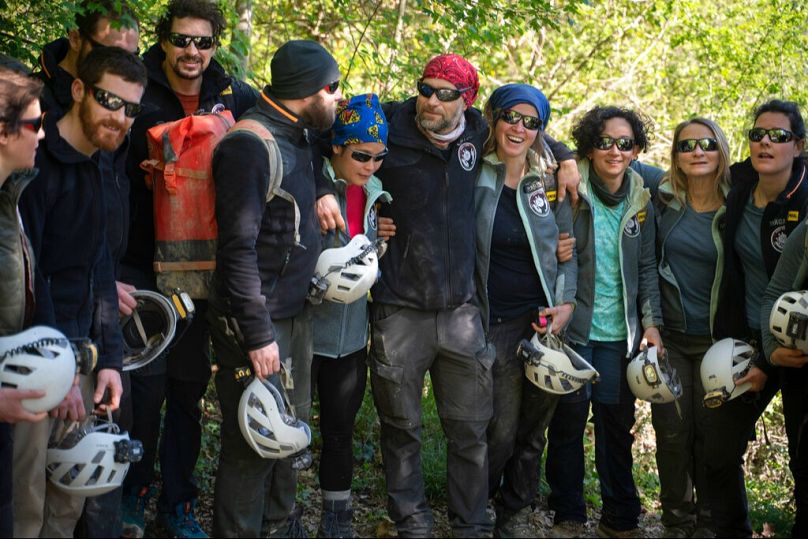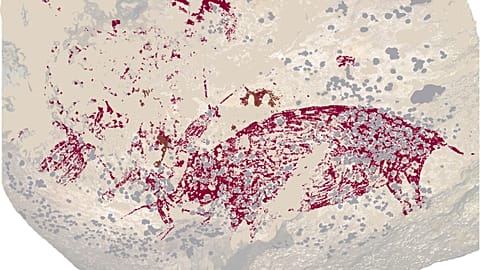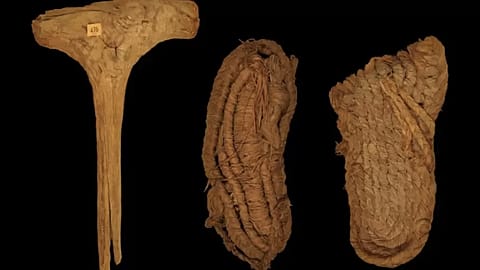For the second edition of 'Deep Time', a group of artists will spend nearly two weeks in a cave deep underground at Lombrives in south-eastern France. Their aim is to create a work being cut off entirely from the outside world and all notions of time.
A group of artists have begun an experiment in the southern French countryside that could redefine the meaning of creative collaborations.
The aim of the project is for researchers to study how the artists work without any links to the outside world, no natural light and no real-time information.
Over the next two weeks, the members of Deep Time II will work dozens of metres underground in the Lombrives cave at Ussat-les- Bains to make diverse works. Unfinished projects must be completed outside within two months to be ready for an exhibition that's open to the public.
Deep Time
It's the second such test of this type. Four years ago, a group of eight men and seven women volunteered to spend 40 days in confinement in a dark, damp and vast cave in the Pyrenees. They had no clocks, no sunlight and no contact with the world above.
Scientists at the Human Adaption Institute leading the project say the experiment will help them better understand how people adapt to dramatic and drastic changes in the wake of the coronavirus pandemic.
According to the organisers, our relationship with time has become one of the world's biggest concerns as many struggle with doomscrolling. We're faced with more devices and screens vying for our attention and offering us all non-stop content for our eyeballs and minds. More than 80 per cent of people believe that "time passes too quickly" and "that they don't have enough time".
During the previous experiment, speaking from underground project director Christian Clot said: “It’s really interesting to observe how this group synchronizes themselves,”
In partnership with labs in France and Switzerland, scientists monitored the 15-member group's sleep patterns, social interactions and behavioral reactions via sensors. One of the sensors was a tiny thermometer inside a capsule that participants swallowed like a pill. The capsules measured body temperature and transmitted data to a portable computer until they were expelled naturally.
Although the participants looked visibly tired, two-thirds of them expressed a desire to remain underground a bit longer in order to finish group projects started during the expedition, Benoit Mauvieux, a chronobiologist involved in the research, told The Associated Press.



















